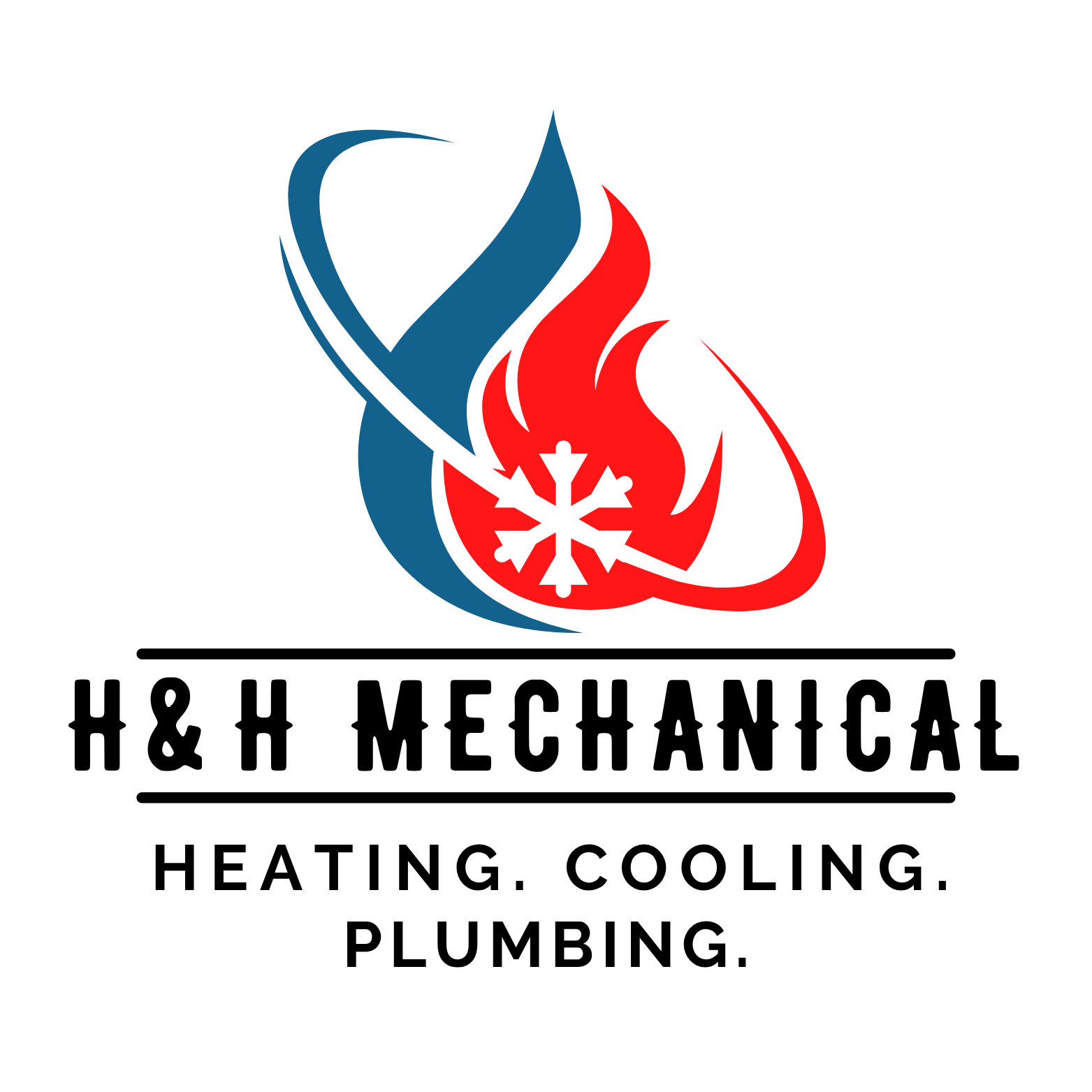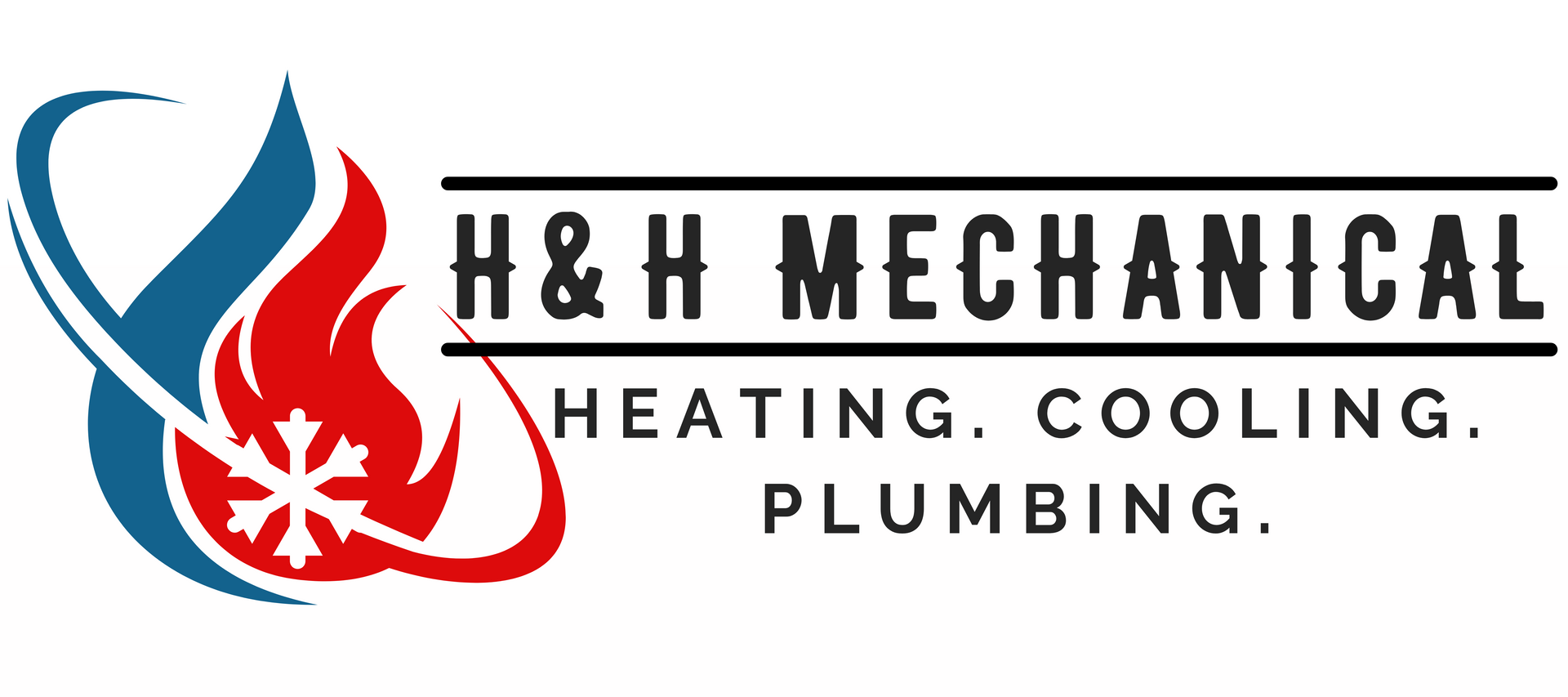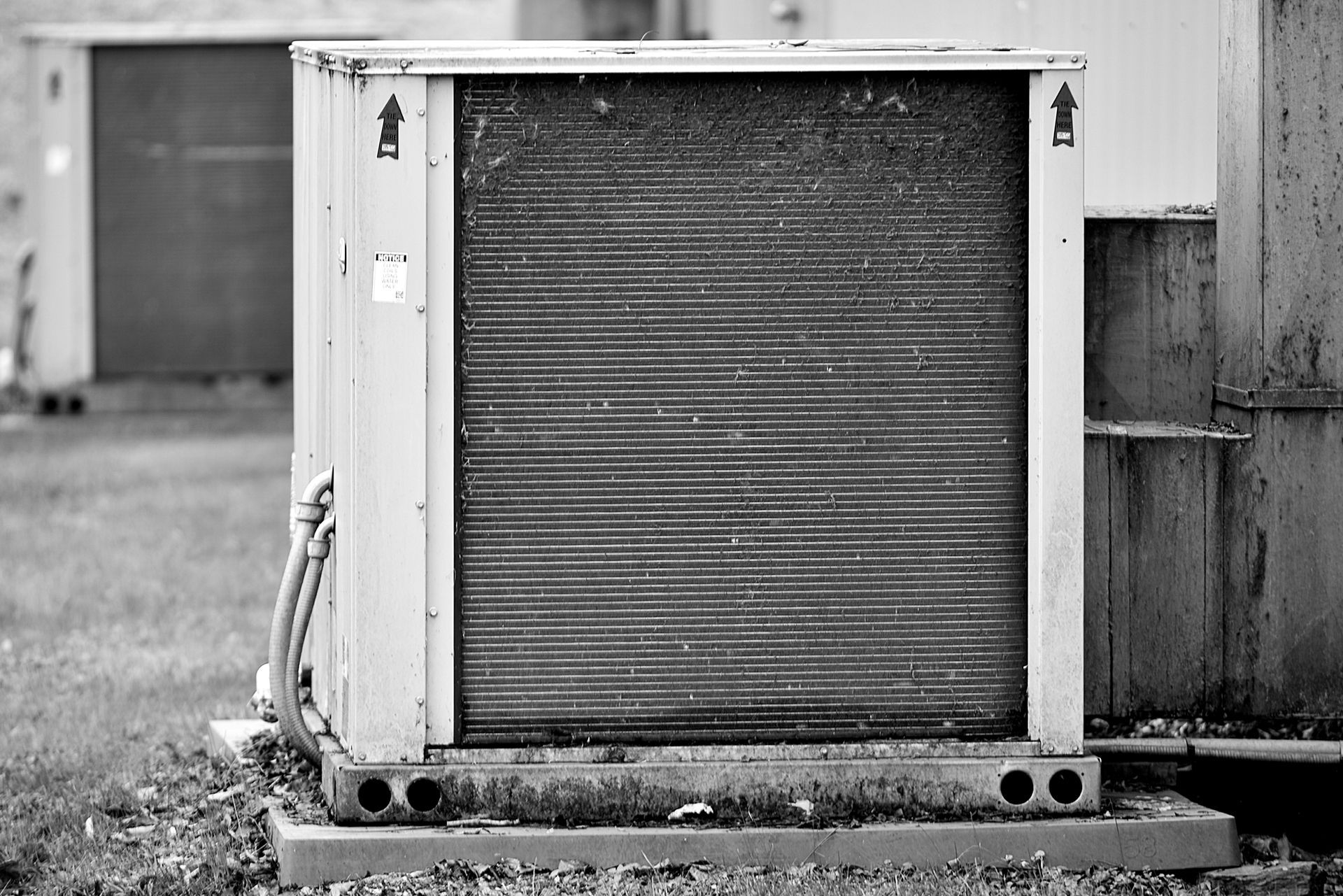Preparing Your HVAC System for Fall: Essential Maintenance Tips
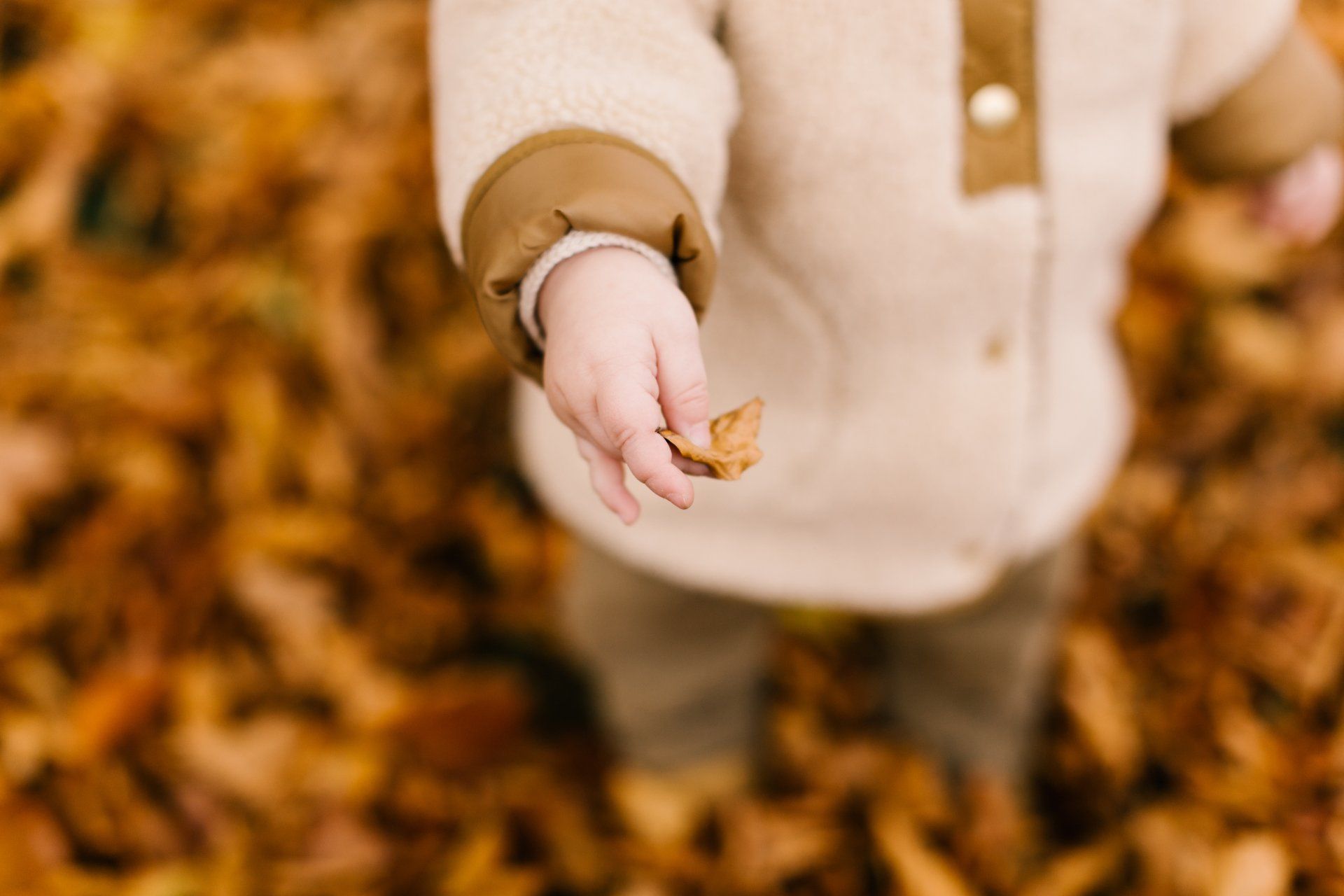
As the leaves start to change colors and there's a chill in the air, it's a clear sign that fall is here. Along with pumpkin spice lattes and cozy sweaters, it's time to shift our focus to preparing our HVAC system for the upcoming season. Implementing proper maintenance measures can ensure that your HVAC unit operates efficiently, keeping you comfortable throughout the fall and saving you from potential issues down the road. In this blog post, we'll provide you with essential HVAC fall maintenance tips to help you stay ahead of the game.
- Replace Filters:
With the increased time spent indoors during the fall, it's crucial to start the season with clean air filters. Over time, filters accumulate dust, allergens, and debris, diminishing indoor air quality and putting additional strain on your HVAC system. By replacing your filters regularly, ideally every 1-3 months, you'll improve air quality and maintain optimal system performance. - Clean the Outdoor Unit:
Leaves and debris tend to accumulate around your outdoor HVAC unit during the fall. It's important to clear away these obstructions regularly to ensure unobstructed airflow. Gently remove any debris and trim foliage around the unit to maintain proper ventilation, allowing your system to operate as efficiently as possible. - Inspect and Clean Air Ducts:
Dirty and clogged air ducts can impact the efficiency of your HVAC system and contribute to poor indoor air quality. Schedule a professional duct cleaning to remove dust, allergens, and other contaminants. This will not only improve air quality in your home but also enhance the overall performance of your HVAC system. - Check and Calibrate Thermostat:
As you transition your home from cooling to heating, it's important to check and calibrate your thermostat. Ensure that it's set to the desired temperature and the heating mode is functional. Consider investing in a programmable or smart thermostat, allowing you to create temperature schedules that align with your daily routine, maximizing comfort and energy savings. - Schedule a Professional Inspection:
To give your HVAC system a clean bill of health, consider scheduling a professional inspection by a qualified HVAC technician at H & H Mechanical. We will thoroughly examine your system, identify any potential issues, and perform necessary maintenance or repairs. This proactive approach can save you from expensive repairs and ensure that your HVAC system operates smoothly during fall. - Check for Air Leaks:
Inspect doors, windows, and any other areas where air might escape from your home. Seal any gaps or cracks to prevent air leaks. Proper insulation will help your HVAC system maintain the desired temperature efficiently, saving energy and reducing your utility bills.
By implementing these essential HVAC fall maintenance tips, you're taking proactive steps to ensure the longevity and efficiency of your system. Regular filter replacements, outdoor unit cleaning, air duct maintenance, thermostat calibration, professional inspections, and sealing air leaks will keep your HVAC system running smoothly throughout fall. Remember, a well-maintained HVAC system not only provides comfort but also saves you money in the long run. Don't wait until the first winter chill hits – give H & H Mechanical a call to start your fall HVAC maintenance routine today!
